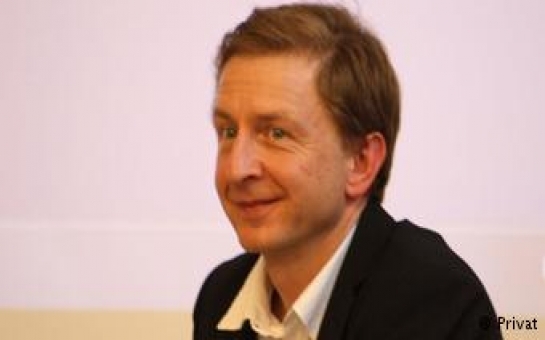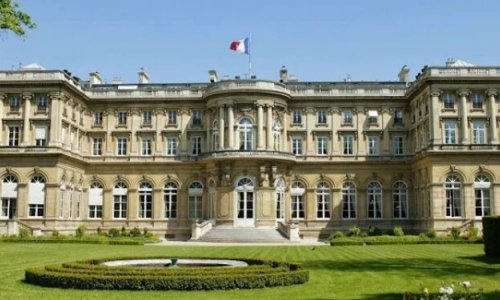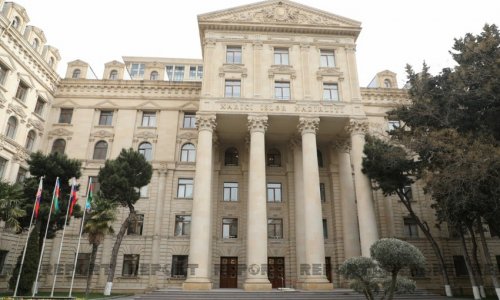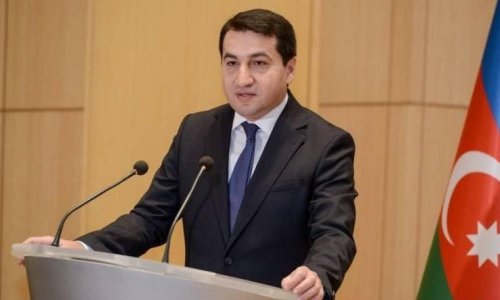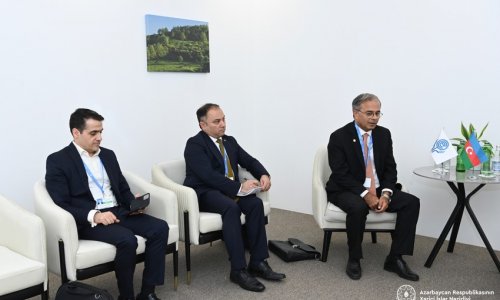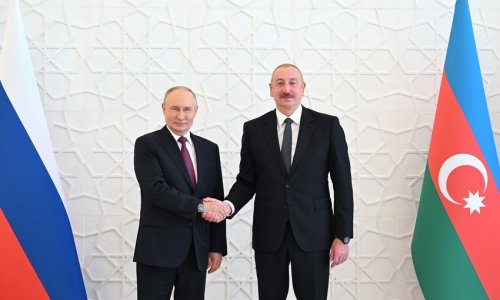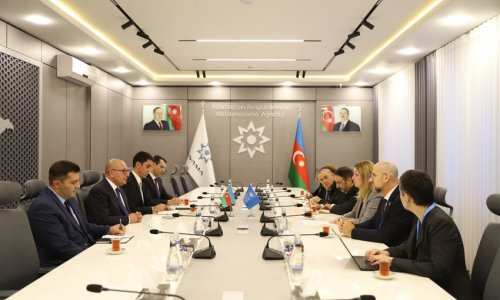ANN.Az has interviewed Andrey Makarychev, a professor at Estonia's Tartu University.
- What is your assessment of the current situation in Ukraine?
- There are two main areas that define the current developments in Ukraine. On the one hand, there is national unity, the momentum that developed as a result of political heat of the Maidan and the obvious pro-European emotional currents. On the other hand, we see disturbing signs of the collapse of the state apparatus.
The second trend is presumably being implemented in collaboration with local oligarchs who are trying to take advantage of the current situation. I must say that Ukraine's defense capability leaves much to be desired and causes a lot of questions.
- What kind of stance do Russia and the West take on the Ukrainian conflict?
- Russia is playing a destabilizing role under the false pretext of protecting its citizens. It directly or indirectly supports separatist groups in eastern and southern regions of Ukraine. In a broader sense, the Kremlin believes that its policy is defensive in nature as the Kremlin accuses the West of interfering in Ukraine’s domestic affairs and staging an “Orange revolution" for a second time.
But even without these ideological reasons, it would have been difficult to imagine that Russia would remain indifferent to the situation when there is a tug of war going on with the West over this neighboring country. Vladimir Putin has many aces up his sleeve and seems willing to take risks, which puts him in a fairly strong position. However, things can change as the actual fighting lead to real victims on the ground.
As for the West, it is obvious that no one wants to engage in a serious confrontation with Russia even if the cost of inaction will be a loss of reputation of some countries in Eastern and Central Europe. Moreover, the main powers in the West do not see Ukraine as a country that needs to be rescued from Russia and then integrated into the EU and NATO.
- Can we say that Ukraine is the place where another Cold War started between the West and Russia?
- The situation in Ukraine has led to a significant freeze in Russia’s relations with the West. No less important is the fact that Eastern Europe and the EU as a whole faced considerable limitations in its regulatory and institutional capacity to absorb neighboring countries. The elite in Minsk, Kiev and Chisinau are extremely skeptical about the prospects of their relations with the EU. They prefer using the situation to draw in as much material assistance from the EU as possible.
- Many experts believe that Russia has decided to restore the former Soviet Union in a new form. Do you agree?
- I agree that this is an imperial model, which seems to be a key reference point for the Kremlin’s grandiose project. Another proof of that is the obvious revival of many Soviet cultural and administrative practices in Russia. Something that two decades earlier was considered a cultural phenomenon of post-Soviet nostalgia has now evolved into a driving force, an organized political force and a project for the restoration of the empire for the Kremlin.
- It is said that Moldova will see a destabilization of the situation in its Trans-Dniester and Gagauzia regions after Ukraine. How likely is that to happen?
- I am sure that tough days lay ahead for Moldova. First, there is a lot of evidence of a destabilization of the political situation in Odessa, which is close to the Trans-Dniestr region. Second, Moldova will hold a parliamentary election in autumn. The Communists may win the election and return to power. They will certainly reconsider the pro-European policy of the current government.
- How is Russia going to behave in relation to Azerbaijan and the Karabakh conflict in the near future?
- Azerbaijan may come under some Russian pressure. This is connected with Moscow’s desire to change its role in the South Caucasus and turn into a leading force in the region by becoming Armenia’s protector. Moscow also seeks to neutralize possible Turkish resistance to its geopolitical plans, including the ones in the Black Sea region.
As for Nagorno Karabakh, the conflicts in Trans-Dniestr, South Ossetia and Abkhazia are upper on Russia’s list of priorities.
Hamid Hamidov
ANN.Az

